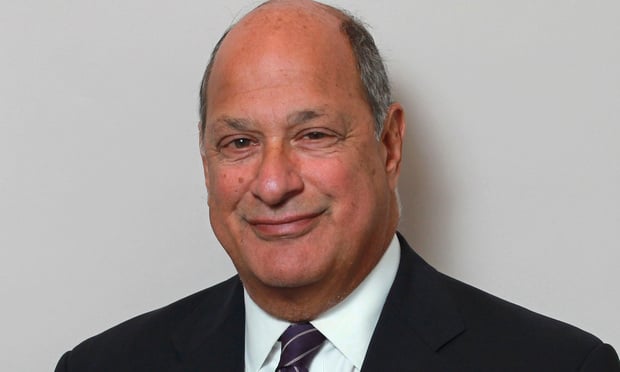We’ve all seen Michael Avenatti interviewed on TV, especially during his Stormy Daniels heyday. Prepared, articulate, and always on the attack. We also always felt, from listening to him, that Avenatti indeed had “the goods”—and he usually did. Anyone other than the steel-belted president would have been squirming, just listening to the chilling provocateur who would sooner or later be taking his deposition armed with (what a litigating friend of mine would refer to as) “the venereal material”—that is, the invasively personal evidence that would unquestionably bury his opponent or force him to settle big time.
Just observing him, the viewer might easily imagine what, it seemed, Avenatti might say to his adversary when in the process of trying to arm wrestle him into submission with a hefty settlement agreement—that is, when the doors were closed and klieg lights weren’t on. Now, lawyers don’t typically gain the disapprobation of discipline regulators when they edge toward the line by trash-talking their adversaries. A lawyer who gets graphic in the public square will often not be disciplined, even if they go so far as to sound like WWE wrestlers before a match.
This content has been archived. It is available through our partners, LexisNexis® and Bloomberg Law.
To view this content, please continue to their sites.
Not a Lexis Subscriber?
Subscribe Now
Not a Bloomberg Law Subscriber?
Subscribe Now
LexisNexis® and Bloomberg Law are third party online distributors of the broad collection of current and archived versions of ALM's legal news publications. LexisNexis® and Bloomberg Law customers are able to access and use ALM's content, including content from the National Law Journal, The American Lawyer, Legaltech News, The New York Law Journal, and Corporate Counsel, as well as other sources of legal information.
For questions call 1-877-256-2472 or contact us at [email protected]


 Joel Cohen
Joel Cohen




